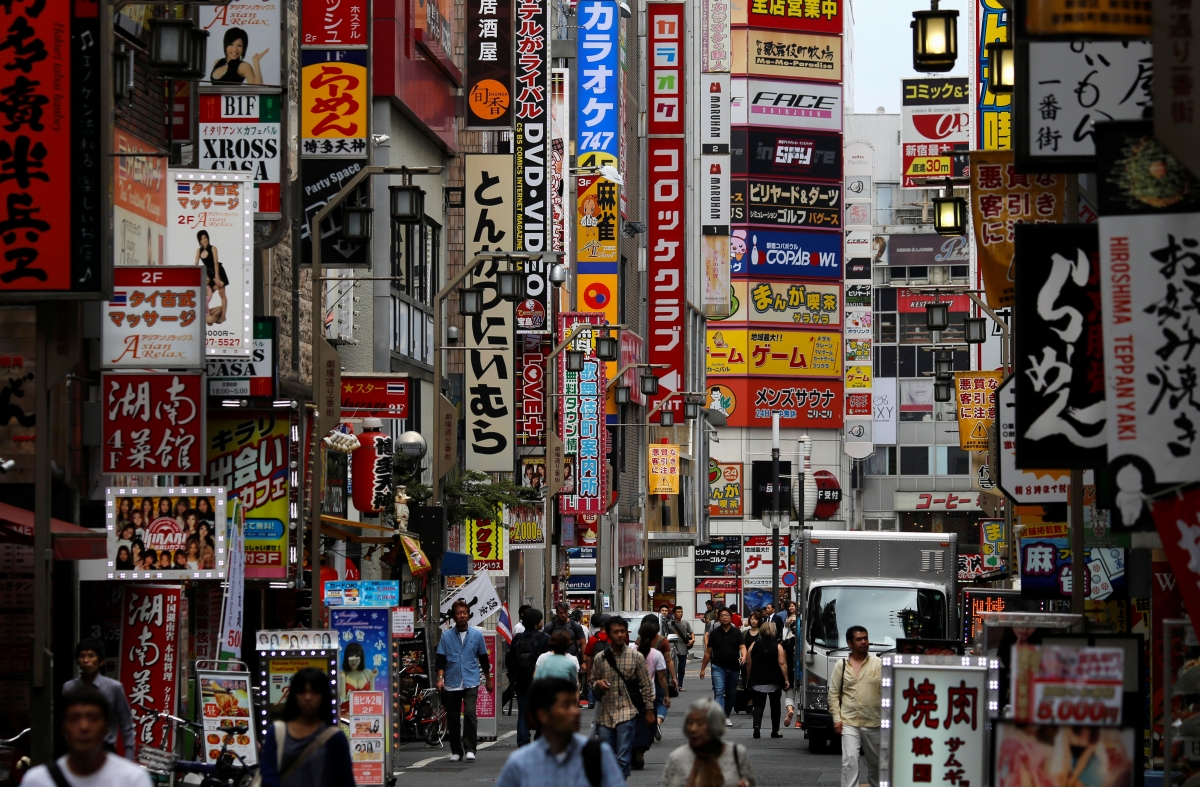Ever since the Indian Army carried out precision attacks on Pakistan-backed terror launch pads across the Line of Control (LoC) in Pakistan-occupied Kashmir on September 28-29, 2016, "surgical strikes" has become a catchphrase in India to describe bold, surprise moves.
In the context of the de-monetisation of high-denomination currencies announced on Tuesday (November 8), not just the BJP but also sections of the media and the chatterati are using the phrase, calling it "surgical strike" on black money.
It would be a case of stretching one's imagination too far, but China's warning to India on the eve of Prime Minister Narendra Modi's visit to Japan seems sort of a 'surgical strike' by the dragon country, with which India has a 4,000-km border dispute.
In an editorial titled "India overestimates its South China Sea leverage," the Global Times, China's state-owned publication, ticked off the world's fastest-growing economy over the South China Sea, coinciding with Modi's third summit-level meeting with his Japanese counterpart Shinzo Abe in Tokyo, Japan. The Indian prime minister is in Japan for a two-day visit starting Friday.
"'Although China's major rivals in the dispute, such as the US and Japan, have been trying to draw India into their camp, the country will be likely regarded as having a token role. ..India should beware of the possibility that by becoming embroiled in the disputes, it might end up being a pawn of the US and suffer great losses, especially in terms of business and trade, from China," the Global Times said.
The strong editorial comes even as there is speculation that Modi and Abe could make a reference to the South China Sea dispute in their joint statement.
China is in a spot after a UN Tribunal ruling that the country has no exclusive rights over the South China Sea in July this year.
China's concerns also stem from the possible sale of Japan selling its Shinmaywa US-2 amphibious aircraft.
Read: ShinMaywa search-and-rescue aircraft: India-Japan $1.6 billion defence deal back on track
Why Japan matters more to India than China
If seen from a statistical viewpoint, the bilateral trade between India and Japan was about a fifth of India-China trade in the financial year 2015-16. The value of bilateral trade between Japan and India — Asia's second and third-largest economies — was $14.5 billion as against $70.7 billion between India and China. But when viewed in the context of China's proximity to Pakistan, India's troublesome neighbour in its western flank, and the territorial dispute between Japan and China over the South China Sea, there is a clear convergence of interests between Japan and India.
Encircling China, the "Pivot of Asia"
An ambitious China is a matter of concern for the US, which sees Japan and India as strategically important allies to encircle the country, the "Pivot of Asia."
The encirclement, so to speak, goes beyond military containment of China.
In his opinion piece that appeared in the GlobalResearch last December during Abe's visit to India, Deepal Jayasekara said, "Abe has long emphasized the purported strategic synergies between Japan and India, including the opportunity for Japan to exploit India's abundant supplies of cheap labour and transform India into an alternative global production-chain hub to China."
Achchhe din under Donald Trump
While India-US relations have been on the swing over the past few years, the regime change that has catapulted Republican Donald Trump in the recently concluded US presidential elections could well strengthen India's position in the region.
"If the US under Trump views itself as a distant power that will help support rather than direct regional systems, India will have greater space and agency to construct a strong Eurasian coalition," wrote C Raja Mohan, director at Carnegie India and consulting editor on foreign policy for the Indian Express, in his column on Thursday.
Japan Inc. in India
Unlike countries such as the US, the UK and other Western nations, Japan fits well with Narendra Modi's "Make in India" initiative, since most of the Japanese companies are in the manufacturing sector.
An update by the Indian government highlights that as of October 2015, 1,229 Japanese companies were registered in India, marking an increase of 73 companies as compared to 1,156 a year ago. The number of business establishments of these companies was 4,417. Japan's business presence can be gauged from the fact that most of the famous brands in the automobile and electronics sectors — Toyota, Honda, Suzuki, Nissan, Mitsubishi, Sony, Toshiba and Panasonic — have become household names in India.
Japan's foreign direct investment (FDI) of $21 billion between April 2000 and March 2016 accounts for almost 7 percent of the overall FDI received by India during the 15-year period.
The FDI spans automobile, electrical equipment, telecom, chemical and pharmaceutical sectors.

















